#richard farina
Explore tagged Tumblr posts
Text
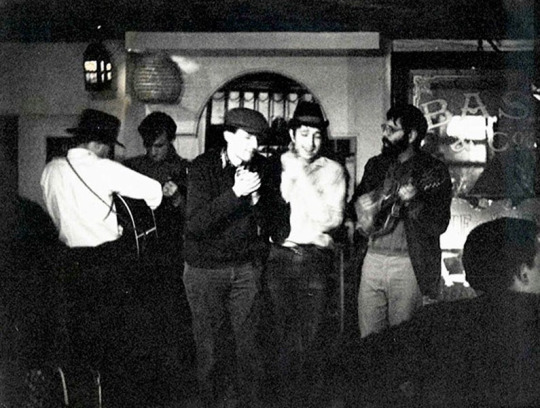

ethan signer, eric von schmidt, martin carthy, bob dylan and richard farina, troubadour club, london, england, january 12, 1963. photos by alison chapman mclean
x
#bob dylan#ethan signer#eric von schmidt#martin carthy#richard farina#london#england#1963#alison chapman mclean
18 notes
·
View notes
Text
Newport: The Short Hot Summer (Newpork Folk Festival, 1965)
PHIL OCHS: The trouble with Newport 65 was that too many people forgot that it was supposed to be a festival. The cops were ridiculously harsh and rude. Many city performers were up tight about how well they would do professionally. And juvenile gossip seemed to be on too many peoples’ tongues. It should have been called the Newport Fuzz Festival. If people don't take it so seriously next year it should turn out to be a whole lot better.
NEWS REPORT: This year’s Newport Folk Festival was the biggest ever with 77,000 paid admissions. Festival officials plan to have next summer’s affair run a full week.
CARL MIRKEN (Broadside reporter): Fanatic screaming erupted when Bob Dylan appeared on stage Sunday night. His black leather sports jacket, red shirt, tapered black slacks and electric guitar startled some in the audience and dismayed many. Sight of the Butterfield Band backing him up deepened their dismay. By his third -- and most ‘radically’ rock and roll -- song, there was loud jeering and cat-calls from some parts of the audience. Then a regular battle between boos and cheers. Bob was obviously quite perturbed, the first time I have seen him so in front of an audience. (It must be said that he had rehearsed with the band for only an hour the night before and the poorly-balanced sound system made what could have been a great sound messy). Bob dismissed the band, exchanged his electronic guitar for his more familiar acoustic one. When a cry arose for him to sing “Mr. Tambourine Man” he responded almost apologetically “Okay, if you want me to.” And he did, and then once again he had the oldtime thunderous near-unanimous applause. All in all, it was a dramatic confrontation.
JACK SOLOMAN (manager): Dylan was out of his own element. Butterfield isn't a performer. He just lays down music.
JOAN BAEZ (performer): Tonight Bob was in a mess. He’s really very good. People just don't understand his writing.
CAROL ADLER (copywriter): This is the most hostile audience I've ever seen. I don’t understand it. Dylan completely knocked them out wherever he went in England.
THEODORE BIKEL (performer): You don’t whistle in church -- you don't play rock and roll at a folk festival.
NEW YORK TIMES (Robert Shelton): While the fresh, enthusiastic thousands of teenagers in the audiences comported themselves in a fashion that pleased Newport and festival officials, the conduct of older members of the folk leadership left much to be desired… A folklorist and a personal manager scuffled on the ground over a fine point of courtesy in the folklorist's introduction.
ALAN LOMAX (folklorist): I had been on stage for over three hours and I was hot and tired. At this point I wasn’t emceeing -- I was talking about the blues. When I came off stage there was Al Grossman and he said to me “That was the worst job of emceeing I’ve ever heard in my life.” And I said “It was no worse than some of the things you've done in your life.” Then he said something like “I ought to belt you in the nose.” I pushed my chest up against his and invited him to try it. I don’t remember swinging but there he was stretched out on the ground. Then he jumped up and grappled me around the waist and we were both down, rolling around. By that time people pulled us apart. That’s all there was to it. It couldn't have lasted more than 30 seconds. But I suppose it's already becoming a folk legend. (Editor’s note: The artist who apparently got a somewhat less than perfect introduction from Mr. Lomax belongs to Hr. Grossman’s stable).
CARYL MIRKEN (after the dust settled): The contemporary songs workshop was a high point of the festival, or could have been. It was the most eagerly awaited event and best attended. Large crowds jammed into the area the instant the gates were opened. Co-Host Peter Yarrow in a little speech said the contemporary writers are rightfully folksong writers because the whole folk tradition is with them. But although this was by far the workshop attracting the greatest interest the Newport Board this year seemed deliberately de-emphasizing contemporary songs and their writers. Most conspicuous by his absence from the program was Phil Ochs… Also absent were such of the country's leading topical songwriters as Tom Paxton and Eric Andersen. Also memorable at Newport 65: Joan Baez saluting “Johnson’s marvelous foreign policy” by singing “Stop, In The Name Of Love”... Another side of Pete Seeger: Pete managing to hang in while backing Spokes Mashiyane, the amazing South African pennywhistle jazzman (his music is really called “Kwela” but the closest term we have for it is jazz), along with Chicago blues piano player Lalayette Lee and bassist Willie Dixon. Spokes, who along with Mimi and Dick Fariña was probably the most brilliant performer at this year’s festival was brought to Newport largely through the efforts of Pete Seeger, who discovered him on his world tour a year or so ago… Fannie Lou Hamer: A great human being and a wondrous singer (“Mississippi, land of the tree and home ot the grave”)... Dick & Mimi Fariña holding an enthusiastic audience Sunday afternoon despite a sudden downpour as they sang their “House Un-American Blues Activity Dream”... Mark Spoelstra's new songs… Donovan the import from Britain is certainly much more than just an “imitation of Bob Dylan”. Donovan has his own style; his imagery is clear and meaningful without any trace at Dylan's semantic obscurity. Aside from his music Donovan is the sweetest, most “natural” guy going… John Koerner's parody of the gambler-sheriff song.
(Broadside #61, August 1965)
#newpork folk fest#newpork folk festival#newport folk festival 1965#bob dylan#phil ochs#1965#60s#broadside#broadside magazine#broadside ballads#dylan#joan baez#richard farina#mimi farina#pete seeger#newport#newport folk#folk music#folk#folk magazine
8 notes
·
View notes
Text
youtube
Rhiannon Giddens singing “Birmingham Sunday” a song about the Ku Klux Klan’s bombing of the 16th Street Baptist Church in Birmingham, Alabama that killed four young girls—Addie Mae Collins (14), Cynthia Wesley (14), Carole Robertson (14), and Carol Denise McNair (11). This happened 60 years ago today on September 15, 1963. _________________________ Birmingham Sunday Songwriter: Richard Fariña
Come 'round by my side and I'll sing you a song I'll sing it so softly it'll do no one wrong On Birmingham Sunday the blood ran like wine And the choir kept singing of freedom
That cold autumn morning no eyes saw the sun And Addie Mae Collins, her number was one In an old Baptist church there was no need to run And the choir kept singing of freedom
The clouds, they were dark and the autumn wind blew And Denise McNair brought the number to two The falcon of death was a creature they knew And the choir kept singing of freedom
The church, it was crowded and no one could see That Cynthia Wesley's dark number was three Her prayers and her feelings would shame you and me And the choir kept singing of freedom
Young Carol Robertson entered the door And the number her killers had given was four She asked for a blessing, but asked for no more And the choir kept singing of freedom
On Birmingham Sunday a noise shook the ground And people all over the Earth turned around For no one recalled a more cowardly sound And the choir kept singing of freedom
The men in the forest, they once asked of me How many black berries grow in the Blue Sea I asked them right back with a tear in my eye How many dark ships in the forest?
The Sunday has come, the Sunday has gone And I can't do much more than to sing you a song I'll sing it so softly it'll do no one wrong And the choir keeps singing of freedom
10 notes
·
View notes
Text
Song #79
Time to share this song again! I posted it when I started this blog, because it's where the title comes from, but not as the 'song of the day' yet. It still lives rent free in my head at least once a week, even when I don't listen to it.
"Come wander quietly and listen to the wind
Come near and listen to the sky
Come walking high above the rolling of the sea
And watch the swallows as they fly
There is no sorrow like the murmur of their wings
There is no choir like their song
There is no power like the freedom of their flight
While the swallows roam alone"
#song of the day#liked songs#music#english#366#spotify#folk music#1960s#mimi and richard farina#mimi farina#richard farina#mimi fariña#richard fariña#mimi and richard fariña#Spotify
2 notes
·
View notes
Text

Tracklist:
Cars For Kings Cross • Great Brook Valley • Eventually • Losing True • The Congress • Black Sweater • California • The Wicked Girl • Tune Me In, Turn Me Off • Crystallized Your World • Empty There • Hammer
Spotify ♪ YouTube
#hyltta-polls#polls#artist: various artists#language: english#decade: 1990s#Indie Pop#Alternative#Indie Rock#Twee Pop#Slowcore#artist: richard davies#artist: 27#artist: geoff farina#artist: ida#artist: jodi buonano#artist: television set#artist: mary timony#artist: chris colbourn#artist: valerie forgione#artist: seana carmody#artist: karate#artist: cordelia's dad
14 notes
·
View notes
Text

Richard and Mimi Fariña - WTBS-FM, Cambridge, Massachusetts, April 1965
Amidst the ancient folk songs that Fairport Convention played at Royal Festival Hall in September of 1969, there was an outlier — Sandy Denny's stark version of "The Quiet Joys Of Brotherhood," which set a Richard Fariña poem to the tune of "My Lagan Love." The band would record (and discard) a great version of it for Liege & Lief and Sandy would return to it on her Sandy LP in 1972. Richard and Mimi were big influences on Fairport — they also tackled "Reno, Nevada," and Richard Thompson would later recall a late 1960s encounter Fariña's dulcimer — "a holy object."
So! Let's check out a nice rarity from Richard & Mimi themselves — this excellent radio broadcast from the early folk rock daze. Dylan's Bringing It All Back Home had just been released, and the duo are already referencing "Maggie's Farm" here, as they run through some of their best tunes (and one of their worst — "A Chastity Belt" has always struck me as insufferably lame).
The DJ is Ed Freeman who would later go onto fame (infamy, maybe?) as the producer/arranger of "American Pie," and, interestingly, the electric guitarist is Barry Tashian of Barry & the Remains, of "Don't Look Back" fame. A lot of cool confluences, which is kinda what Richard Fariña was all about before his untimely death in 1966 ... after all, who else could provide a direct connection between Dylan and Thomas Pynchon?
10 notes
·
View notes
Text
SGT. PEPPER’S LONELY HEARTS CLUB BAND:
George Burns tells a tale
A band lured by evil corp
Town depends on them
youtube
#sgt peppers lonely hearts club band#random richards#poem#haiku#poetry#haiku poem#poets on tumblr#haiku poetry#haiku form#poetic#peter frampton#the bee gees#the beatles#barry gibb#robin gibb#maurice gibb#Franklin Howard#Paul Nicholas#donald pleasence#sandy farina#steve martin#aerosmith#alice cooper#earth wind and fire#billy preston#george burns#carel struycken#Michael Schultz#Henry edwards#Tom O’Horgan
3 notes
·
View notes
Text
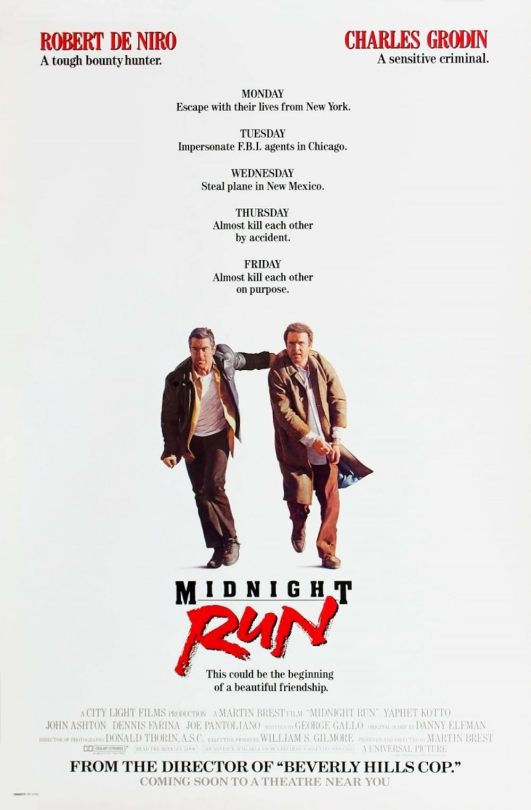
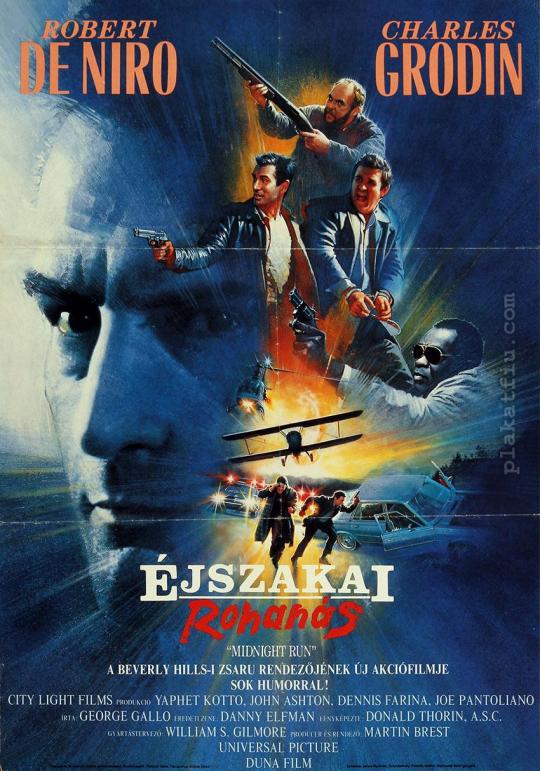
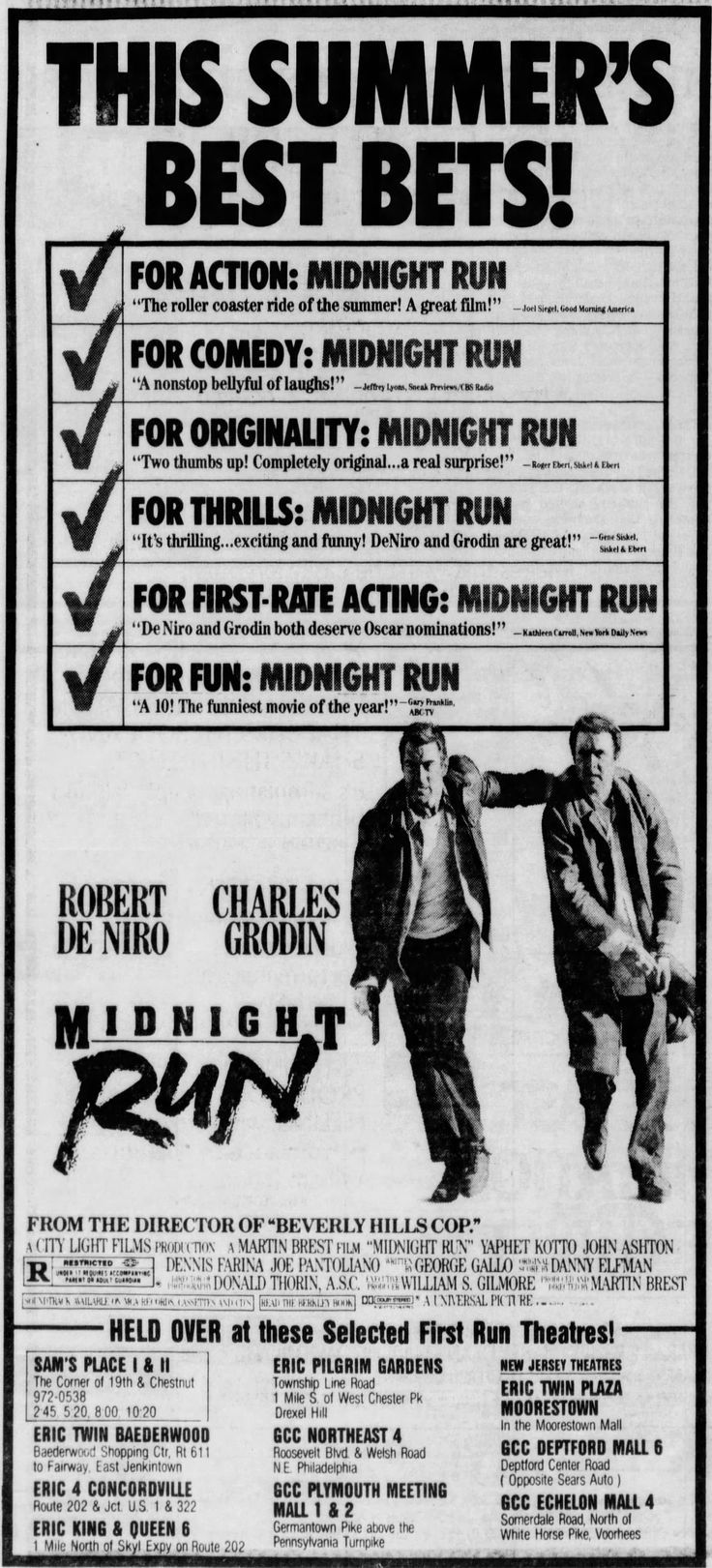
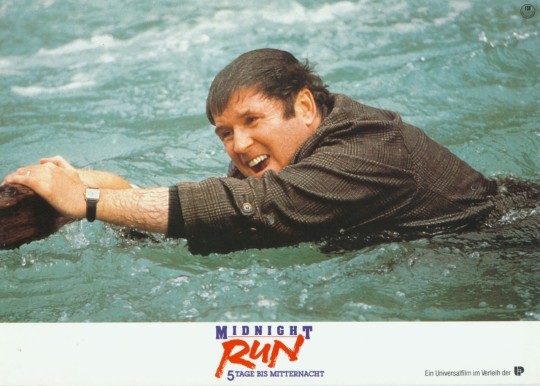



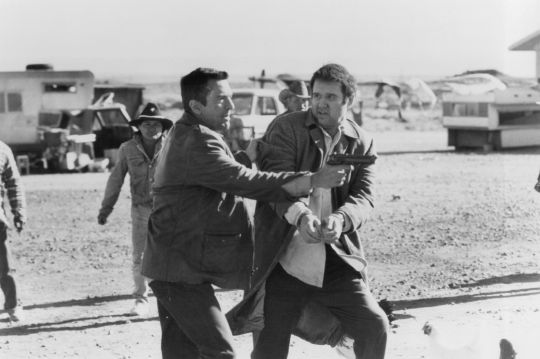
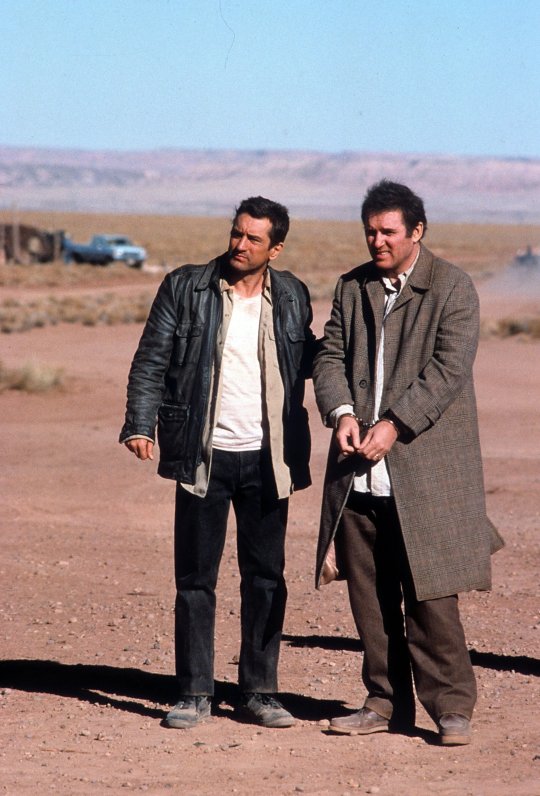

Midnight Run (1988) Martin Brest
January 14th 2024
#midnight run#1988#martin brest#robert de niro#charles grodin#yaphet kotto#john ashton#joe pantoliano#richard foronjy#jack kehoe#dennis farina
13 notes
·
View notes
Text
youtube
Star Wars fic (or song lyric comic) of Sith Obi-Wan taking on Sith apprentice Anakin using this song as inspiration please.
#reactorshaft babble#video#richard and mimi farina#sw fic#sithywan#I’m gonna have to do everything myself aren’t I#Youtube
3 notes
·
View notes
Text
JOAN BEAZ: I AM A NOISE
Life of folk singer
Unafraid to speak some truths
Becomes a target
youtube
#joan baez#i am a noise#random richards#poem#haiku#poetry#haiku poem#poets on tumblr#haiku poetry#haiku form#poetic#documentary#Miri Navasky#Maeve O’Boyle#Karen O’Connor#bob dylan#Christine amanpour#david harris#folk singer#folk music#Hanna shykind#Gabriel Harris#Pauline Baez#Joan Baez Sr.#Albert Baez#mimi farina#Sarah Schneider#Youtube
3 notes
·
View notes
Text
Another Stakeout

Töhöduo töhöilee taas. Nyt todistajansuojelusta haneen lähtenyt muikkeli tarvii stalkkailla takas mestoille.
Vielä paskempi tusinakomedian jatkis.
1/5
0 notes
Text
youtube
0 notes
Text
dailymotion
Richard & Mimi Farina - House un-American blues activity dream 02-26-1966
1 note
·
View note
Text
I finished another new watercolor OFMD portrait I had started planning before S2 came out- the wonderful Vico Ortiz as Jim, layered with orange blossoms. I stuck with the theme of using folk song lyrics for titles so it’s called “Unfolding and Understanding,” from the song Reflections in a Crystal Wind by Mimi and Richard Farina- it felt like a good song for season 1 Jim. The original and prints of this one are up too!

#ofmd art#OFMD#our flag means death#our flag means fanart#ofmd fanart#vico ortiz#jim ofmd#jim jimenez#teal oranges#art#watercolor#illustration#la vida es dolor
528 notes
·
View notes
Text

29 notes
·
View notes
